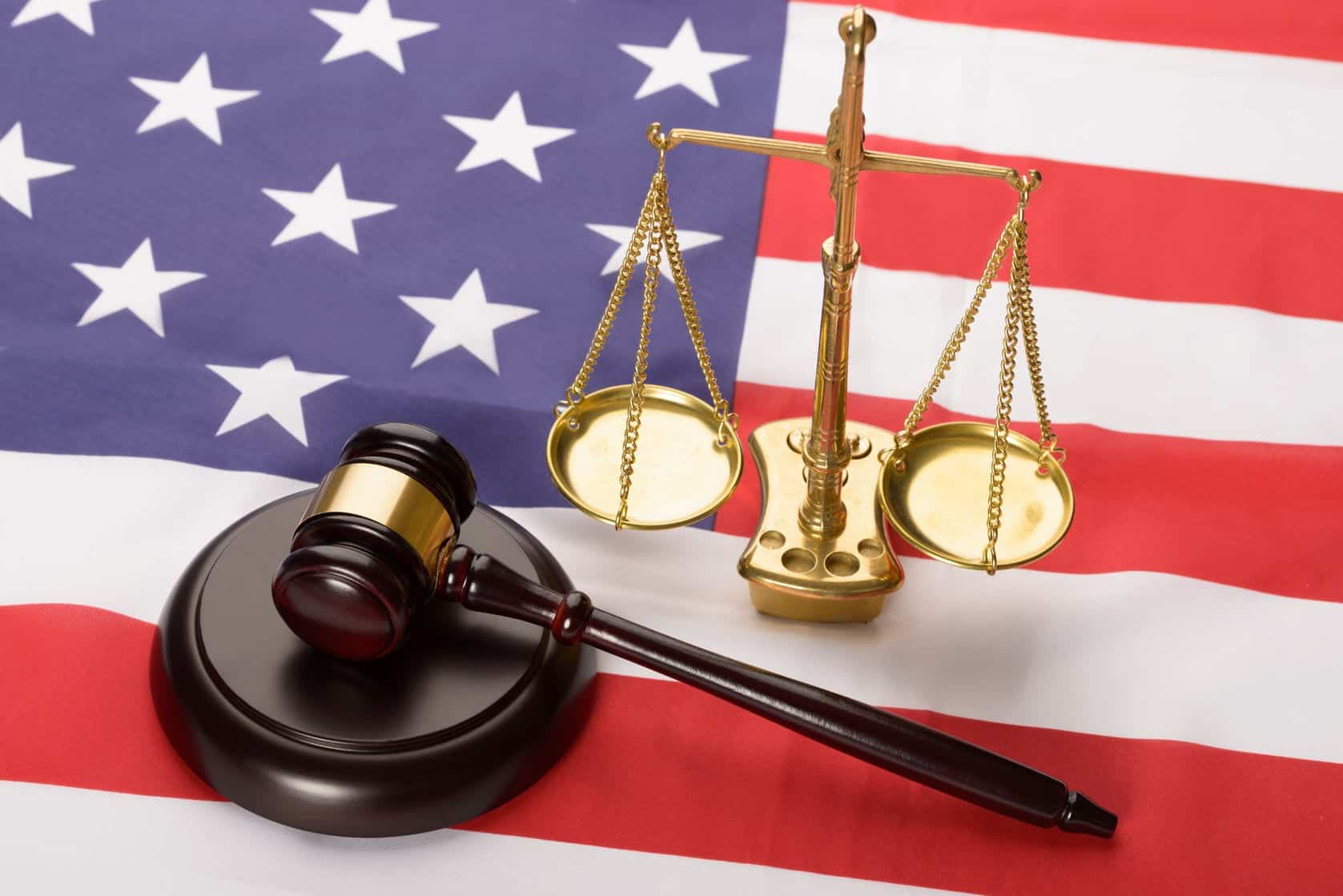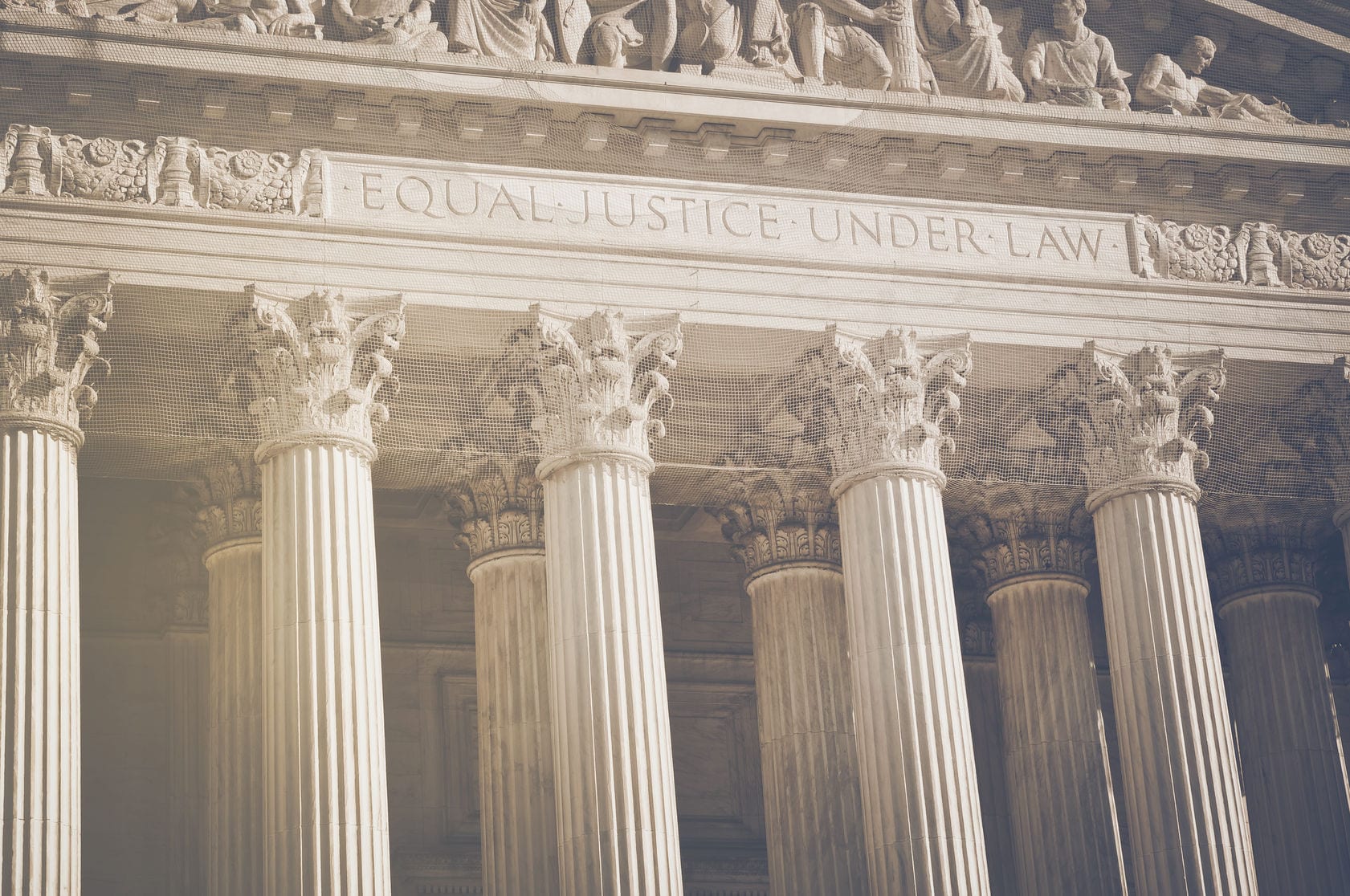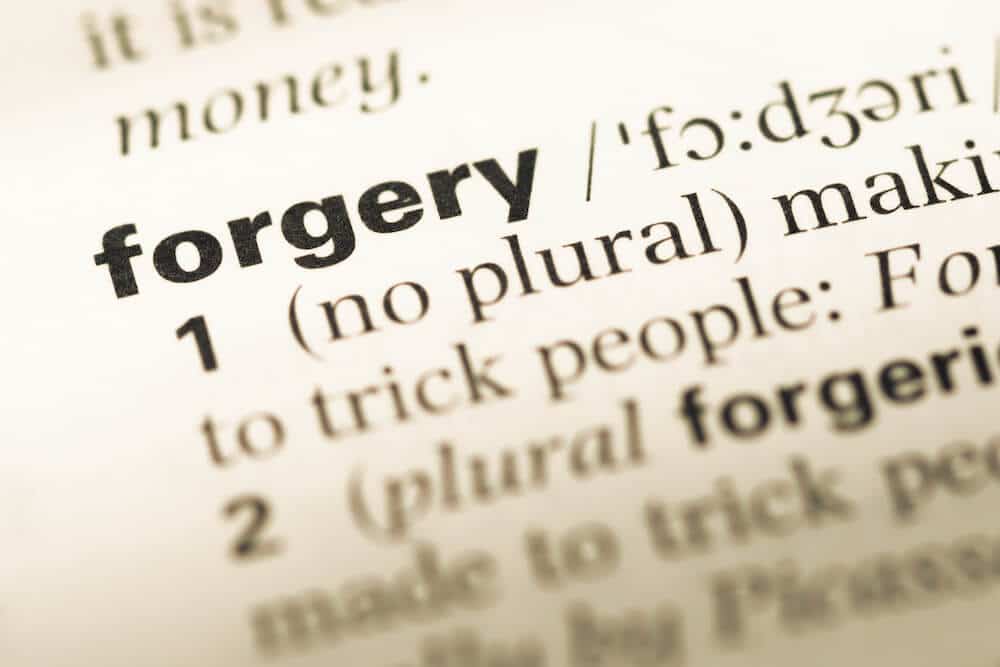- Home
- THE FIRM+
- Criminal Defense+
- CASE RESULTS
- AREAS WE SERVE+
- FAQ’s
- Blog
- Contact
AZHARI LLC BLOG

Posted By: Sami Azhari
Category:
Have we gone a day in 2017 without seeing “Trump” and “Russia” in our headlines? Despite this, it doesn’t seem like we’ve gotten any closer to really understanding what exactly is going on.
For a brief period of time, it seemed like Michael Flynn, Trump’s first National Security Adviser, might provide some answers. Flynn resigned from his position in February after it was revealed that he had multiple conversations with a Russian ambassador and then lied to Vice President Pence about these conversations.
Recently, Flynn asked for immunity in exchange for testimony regarding Trump’s possible ties to Russia. The move was rather strange, considering Trump and Flynn’s outspoken views on immunity when it was offered to people who had worked with Hillary Clinton.
Last year, Trump told voters in Melbourne, Florida: “Immunity! If you’re not guilty of a crime, what do you need immunity for?”
Back in September, Flynn told Meet the Press: “When you are given immunity, that means you have probably committed a crime.”
So, does his asking for it mean that Flynn is guilty of some kind of crime?
Not necessarily. What is far more likely is that neither Trump nor Flynn had a clear view of how immunity works and why people ask for it – most don’t until they are put in a position where asking for it will benefit them, but below we’re going to break it down for you.
Understanding the Concept of Immunity in Federal Cases
 What do police officers tell suspects when they are put in cuffs? “You have the right to remain silent.” At any stage of the criminal process, you can refuse to answer a question that may incriminate you. The Fifth Amendment says that no one “shall be compelled in a criminal case to be a witness against himself.”
What do police officers tell suspects when they are put in cuffs? “You have the right to remain silent.” At any stage of the criminal process, you can refuse to answer a question that may incriminate you. The Fifth Amendment says that no one “shall be compelled in a criminal case to be a witness against himself.”
Following so far?
Immunity is essentially a deal that works around this constitutional right. Prosecutors can get the testimony and answers they are searching for, and the witness on the stand will not have to worry about incriminating themselves by giving that testimony.
Simply put, when you are granted immunity, you will not face charges based on the testimony you give, even if it is incriminating testimony.
There are two types of immunity:
Transactional Immunity is infrequently used, and typically states use it more than the federal government. It allows a witness to testify with the promise that they will not be charged with a crime related to their testimony. For example, if someone with immunity were asked in a fraud case to give the name of someone who could potentially testify against them, they could give the name knowing that they would not be charged for fraud later on.
Use Immunity is more commonly used, especially in federal cases. Use immunity allows witnesses to give testimony knowing that they cannot be charged based on their testimony alone. Witnesses may be charged for a crime later, but only if prosecutors are able to show a judge that the prosecution stemmed from independent evidence that was not related to the witness’s testimony. Something that can be difficult.
It doesn’t mean that you are necessarily guilty of anything. Just that you can speak freely without worrying about the possibility of incriminating yourself and facing punishment.
If you have been charged with a federal crime and have questions about seeking immunity, make sure you speak with a federal criminal defense lawyer first. It may be the best option available to you, but that is not always the case.
As for Flynn and the whole Russia-Trump mess, it appears that we’re not going to get more answers anytime soon – the Senate Intelligence Community turned down Flynn’s request.
About the Author
Sami Azhari has been working as a lawyer since 2007, after receiving his Juris Doctor from the Michigan State University College of Law. He has handled numerous state and federal cases, and is known throughout the Chicago and Rolling Meadows area for providing his clients with high-quality, skilled representation. He has been recognized by SuperLawyers, the National Trial Lawyers Association, and other notable organizations, and has spoken at a number of legal conferences.

























































